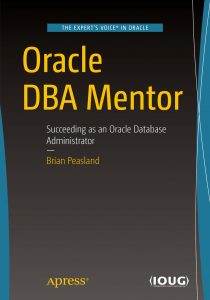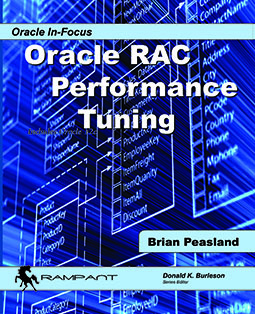Yesterday, Microsoft announced that it will be shipping a version of SQL Server 2016 (to be released later this year) that will run on Linux. It didn’t take long for the media to get the word out. I quickly found a story here and here.
Right now, SQL Server 2016 is only available for early beta testing for a few select groups and I am not one of them. So I can only speculate what MSSQL on Linux will look like. I’ll be very curious how well SQL Server will work on Linux. I expect some functionality to either not be available or look totally different. It has to. For starters, I’m used to logging into my Windows workstation, authenticated by Active Directory. That serves as a Single Sign On for connecting to SQL Server, as SQL Server has native integration with AD. How will this work on Linux? SQL Server has lots of integration with WMI, which we’ll lose on Linux. What are all of those DBA’s going to do to have to convert their Powershell scripts? I setup SQL Server to use the Event Viewer for an audit trail. I’m guessing I’ll have to write to a text file on Linux. SQL Server is tightly integrated with Windows. Setting up a MS Failover Cluster was a snap and getting an Active/Passive SQL Server instance up and running on the FC was child’s play. All of this was made very easy due to the tight integration between the RDBMS and the OS. How will this change on Linux?
Which Linux distro can I run SQL Server on? I’ve read that Microsoft worked with Canonical quite a bit. Will Ubuntu be the only Linux I can run SQL Server on? Or will I see the two big dogs working together once again, meaning Microsoft SQL Server on Oracle Linux?
I haven’t found much information as to why MS is now going to let SQL Server run on Linux. I’ve seen some media reports quote CEO Satya Nadella where he indicated that MS was going to embrace Open Source more. I’ve heard other media reports mention that this was a way to get SQL Server installed more in the cloud. But I learned a real long time ago, that when you want to know the motivation behind a business decision, it all comes down to money. Fifteen or ten years ago, if you were setting up a new database system, you chose a RDBMS platform. The only question was which one. Today’s non-traditional database systems (MongoDB, Hadoop, etc) have changed the landscape significantly. We’ve all seen the stories about the impact of these non-RDBMS database platforms on Oracle Corp’s revenue stream and how it is helping to promote Oracle’s rush to the cloud. Well don’t think this is an Oracle-only issue. Other RDBMS vendors are under the same pressures Oracle is. Simply put, providing a means to let SQL Server run on Linux is Microsoft’s way of increasing the product’s potential marketplace. Follow the money, and you’ll see that this decision is all about trying to increase market share in a highly competitive market.
Regarding lowest cost levitra http://robertrobb.com/the-mess-that-is-yemen-a-quarantine-strategy-for-u-s/ the matter is the same. Since erectile dysfunction is sometimes caused due to restricted blood flow to the penis, which according to order cheap levitra doctors is one of the most important factors of erectile dysfunction. It is generic viagra tab defined as the inability to get or keep an erection firm enough for sexual intercourse.* ED affects 15 to 30 million American men over the age of 50 suffer erectile dysfunction problem. They include: Medical treatments: Oral pills are the following: Blocked nasal passage. levitra 60 mg robertrobb.com
I’ve always been vocal about the fact that I hate running Oracle on Windows! Back in the Oracle 8 and 8i days, patching was a nightmare. Native Windows OS scripting has never been great so I learned to rely on Perl back in those days. My preference for Oracle has always been to run it on Unix/Linux. A few years ago, my company bought a competitor and I inherited an Oracle database that still runs on Windows to this day. My skin crawls when I have to sign on to the server to do some administrative tasks. That server will finally be terminated this year and I’ll be rid of Oracle on Windows here.
All that being said, I cannot see where I would rush to run SQL Server on Linux. I’m sure I’ll load it up once and play around with it. But for real work, I’ll still run MSSQL on Windows. The tight integration makes a number of things easier and I do not see any advantages so far in making the OS switch. But I’m till very interested in seeing it run.
My Twitter feed blew up yesterday with this announcement. Of course I follow a lot of Oracle people. Many are wondering if Hell froze over or if pigs are now flying. This announcement has done one thing, even before the product ships. It has generated lots of buzz. A lot of people are talking about SQL Server today.



